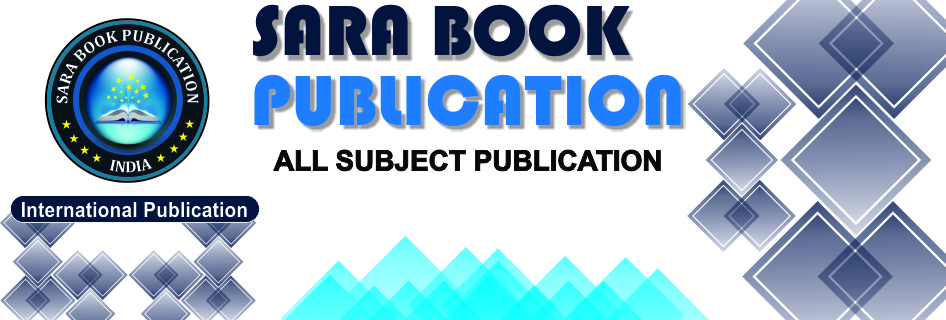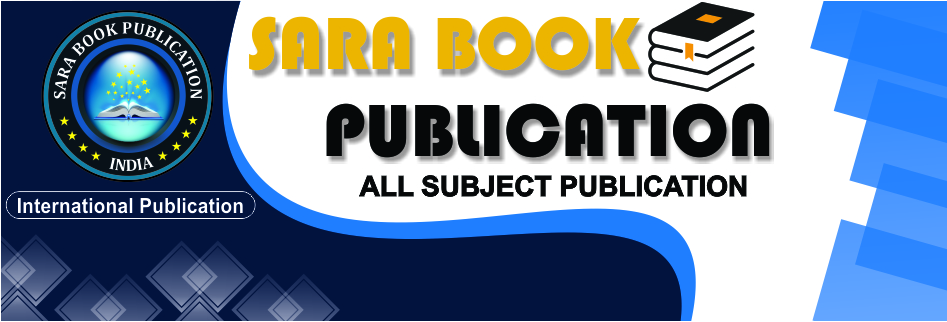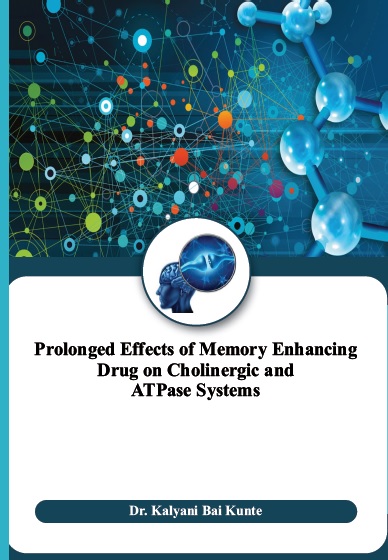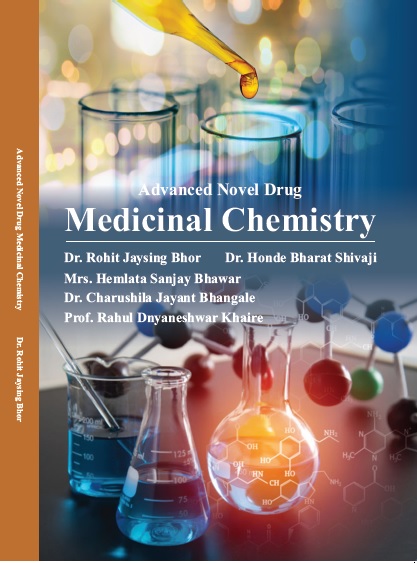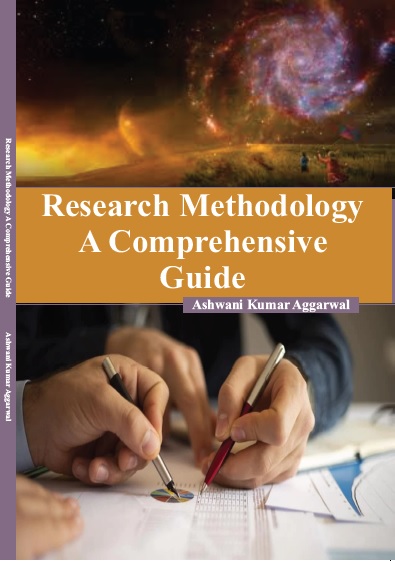MEDICAL SCIENCE
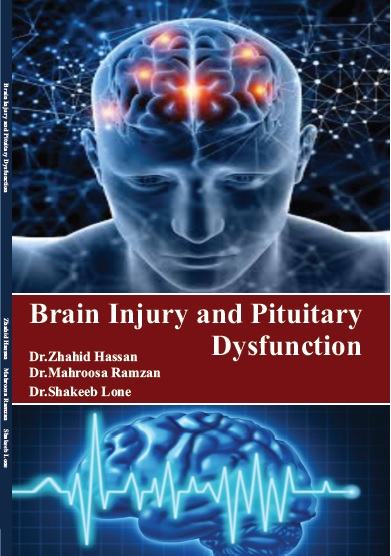
Brain Injury And Pituitary Dysfunction
by Dr.Zhahid Hassan
ISBN Number : 978 - 93 - 88672 - 37 - 5
Authors Details
| Author Name | Image | About Author |
|---|---|---|
| Dr.Zhahid Hassan |  |
Dr.Zhahid Hassan is working as Consultant Endocrinologist in Heath department
at Srinagar, J & K. He has done his MBBS with distinction from Skims medical
college and MD medicine from SKIMS Srinagar securing gold medal. He has
done his DM Endocrinology from SKIMS. He has 20 research articles in indexed
journals. He has presented four papers in national conferences and one paper in international conference. |
| Dr.Mahroosa Ramzan |  |
Dr.Mahroosa Ramzan is Consultant Endocrinologist. She has done her MBBS
with distinction from Rajiv Gandhi university Bangalore and MD medicine from
ASCOMS Jammu.She has done her DM Endocrinology from SKIMS. She has 10
research articles in indexed journals. She has presented three papers in national
conferences. |
| Dr.Shakeeb Lone |  |
Dr.Shakeeb Lone is consultant surgeon in Heath department working as
laproscopic surgeon . He has done his MBBS from ASCOMS medical
college,jammu and MS surgery from GMC Srinagar.He has done his fellowship in
minimal access surgery from Moulauna Azad Medical college Delhi. He has 10
research articles in indexed journals. He has presented two papers in national
conferences. |
Book Description
Sheri Kashmir institute of medical sciences ( SKIMS) is a tertiary care center in Kashmir state of North India. SKIMS is a 700-bedded, teaching hospital in the Kashmir Valley, and most patients with traumatic brain injury (TBI) from the Valley and adjoining areas get referred to this largest tertiary care Centre in the Northern Indian State of Jammu & Kashmir. That hypopituitarism is a clinical condition much more common than previously thought. Considering the epidemiology of TBI (traumatic brain injury) and percentage of related hypopituitarism, we are facing a disease that is far more common than perceived one. Even if data on TBI related hypopituitarism is increasing, it remains largely under diagnosed, mostly due to lack of awareness among physicians likely to see patients suffering from it. Thus, in neuro-rehabilitation, it is difficult to recognize post traumatic hypopituitarism in patients after TBI. Thus, it is recommended that active collaboration between endocrinologists, neurosurgeons and rehabilitation physicians be created to provide maximal care to these patients. We should continue to make efforts to more clearly define the population at greatest risk of developing TBI induced hypopituitarism.



